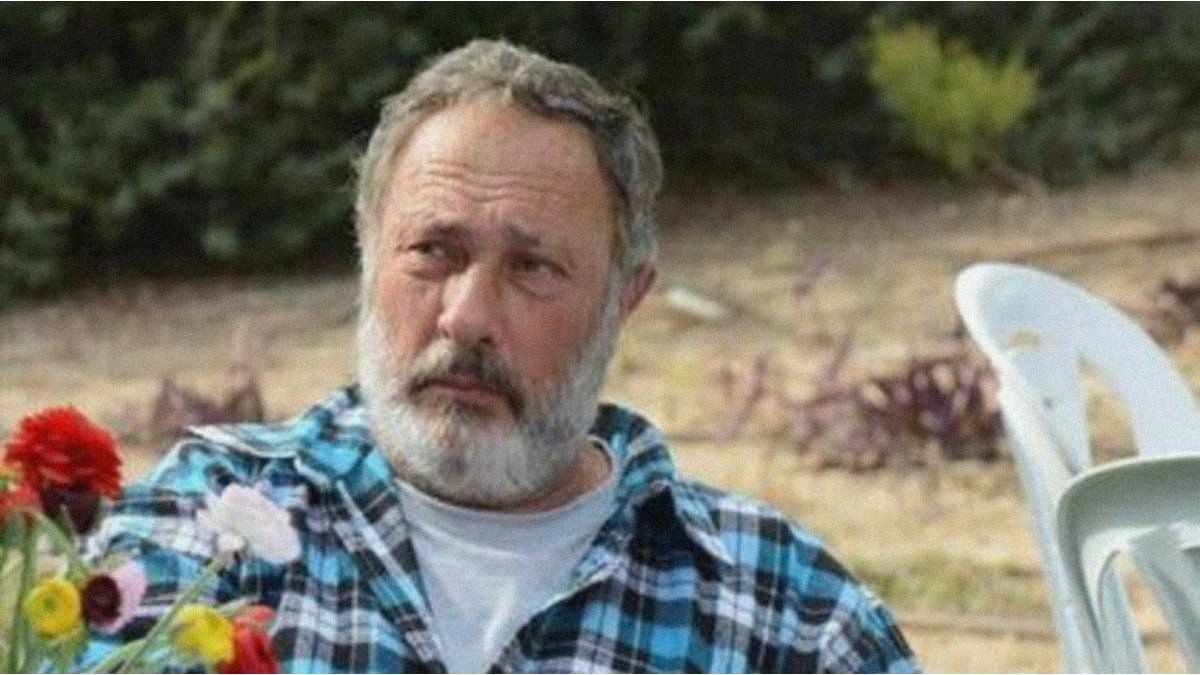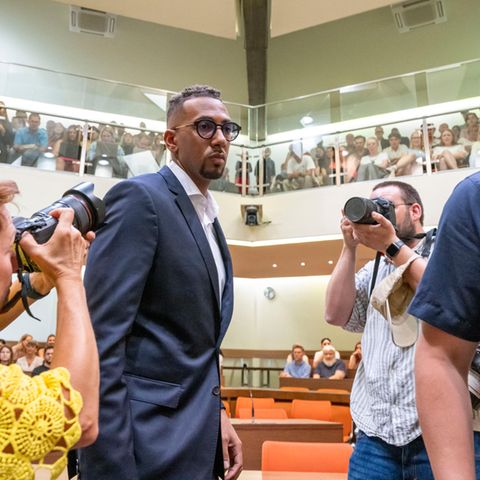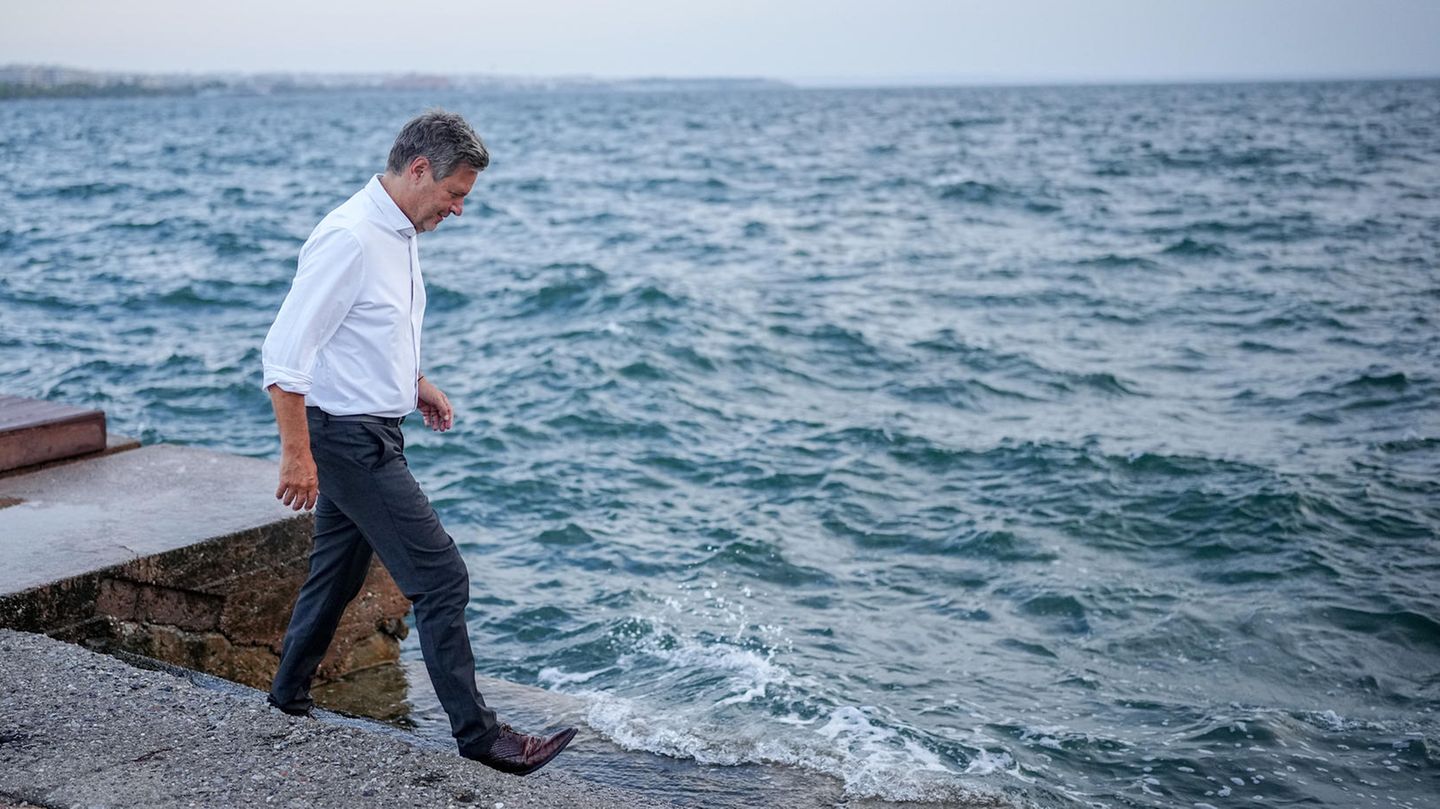I have been working in the news industry for over 6 years, first as a reporter and now as an editor. I have covered politics extensively, and my work has appeared in major newspapers and online news outlets around the world. In addition to my writing, I also contribute regularly to 24 Hours World.
Menu
Robert Habeck in Thessaloniki: Sideswipe against Friedrich Merz
Categories
Most Read
Firewall for the AfD: This is what happened at the CDU retreat
October 18, 2025
No Comments
The situation at a glance: The big question marks after the Zelensky-Trump meeting
October 18, 2025
No Comments
After meeting with Trump: Zelenskyj on Tomahawks: Trump said neither no nor yes
October 18, 2025
No Comments
Drone sightings: Survey: 79 percent in favor of shooting down illegal drones
October 18, 2025
No Comments
The situation at a glance: More suspected hostage bodies handed over to Israel
October 18, 2025
No Comments
Latest Posts

Israel identified the remains of a hostage handed over by Hamas and they are now with his family
October 18, 2025
No Comments
The office of the prime minister of Israel, Benjamin Netanyahureported this Saturday the identification and delivery of the remains of a hostage returned on Friday

Jérôme Boateng: Internship despite allegations of violence? That’s what FC Bayern says
October 18, 2025
No Comments
Controversial world champion Boateng internship despite allegations of violence? That’s what FC Bayern says Jérôme Boateng is planning a coaching career and wants to intern

New bike park in Wels to mark the anniversary of the leisure facility
October 18, 2025
No Comments
The new bike park will be inaugurated by world-class rider Dominic Grill. Children can look forward to new slides and additional play equipment. The final
24 Hours Worlds is a comprehensive source of instant world current affairs, offering up-to-the-minute coverage of breaking news and events from around the globe. With a team of experienced journalists and experts on hand 24/7.

